Several prominent Nigerians — including two Senior Advocates of Nigeria (SANs), a retired Rear Admiral, and a former Vice Chancellor — have urged caution over framing Nigeria’s security crisis as a religious genocide exclusively targeting Christians.
Their warning follows renewed claims by the Christian Association of Nigeria (CAN) at its National Executive Council (NEC) meeting in Jos that Christian communities in the North and Middle Belt are facing “targeted killings”.
Experts Disagree With CAN’s Claim
Retired Rear Admiral Ferguson Bobai, former Chief of Training and Operations of the Nigerian Navy and Chairman of the Southern Kaduna Aid Foundation, dismissed the genocide label. He insisted that available security statistics show heavy casualties on both sides of the religious divide.
“In my opinion, there is a general insecurity in the country,” he told The Nation.
“From available statistics, there are high numbers of casualties from both Christians and Muslims. The perpetrators are terrorists who must be flushed out.”
Bobai acknowledged that the Middle Belt faces a distinct crisis, describing the attacks there as organised land-grabbing by armed herdsmen. He also warned against reintegrating hardened criminals into society, citing the killing of Brig.-Gen. Uba as a reminder of the dangers.
According to him, focusing on whether victims are Christians or Muslims distracts from the real issue.
“The girls kidnapped in Kebbi, are they Christians? We must stop the needless argument and go after the criminals.”
Soremekun: Security Crisis Has Multiple Dimensions
Professor Kayode Soremekun, former Vice-Chancellor of the Federal University, Oye-Ekiti, said CAN’s position reflects only one part of a larger, complex problem.
“The other version is that just as Christians are being killed, Muslims are also being killed,” he said.
“If we focus exclusively on one version of reality, we are likely to mistake the woods for the trees.”
He raised alarm over criminal infiltration of security agencies and accused some political actors of fuelling the crisis.
“It is only when these points are taken seriously that we will begin to see the end of this persistent scourge,” he added.
Fagbohungbe, Shittu: Violence Is Not Religious
SAN Felix Fagbohungbe argued that the killings do not follow any religious pattern.
“CAN may see it that way, but I don’t,” he said.
“I think both Muslims and Christians alike are being killed.”
He cited the case of a Muslim soldier recently ambushed and killed to illustrate the indiscriminate nature of the attacks. He urged the government to intensify efforts and, if necessary, seek foreign assistance to restore peace.
Another SAN, Dr. Wahab Shittu, described the situation as a nationwide emergency cutting across religion, ethnicity, and class.
“The violence is indiscriminate and affects all Nigerians,” he said.
He stressed that while some communities may suffer more, there is no credible evidence pointing to an ongoing Christian genocide.
CAN Stands Firm: ‘There Is Christian Genocide’
Despite the contrary views, CAN maintained its stance during its NEC meeting in Jos. President Archbishop Daniel Okoh said Christian communities in Northern Nigeria and the Middle Belt are experiencing what he described as “Christian genocide.”
He said the scale of violence, displacement, and persistent attacks on Christian villages had reached alarming levels and drawn international concern.
“It would be a grave injustice to deny the painful reality of what has transpired,” Okoh told Christians in Jos.
“Lives brutally cut short, communities uprooted, churches razed. CAN stands unwaveringly by its position that there is Christian genocide in Nigeria.”
Okoh also referenced his recent visit to Bokkos, where he met displaced Christians and assured them that they were not forgotten.
Federal Government: No Religious Genocide, Just Complex Insecurity
The Federal Government previously rejected the genocide narrative after former U.S. President Donald Trump made a similar claim.
Minister of Information and National Orientation, Mohammed Idris, restated that Nigeria is battling a broad security crisis affecting all communities.
“Criminals do not target one religion alone, and both Christian and Muslim communities have suffered,” he said.
He cautioned against individuals and platforms pushing divisive narratives capable of inciting sectarian conflict.


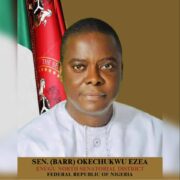

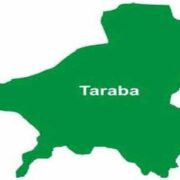
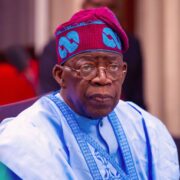
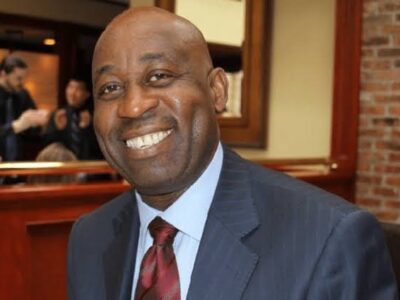

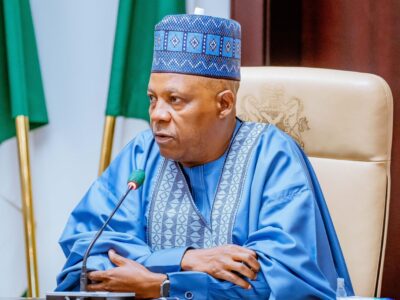











Comments